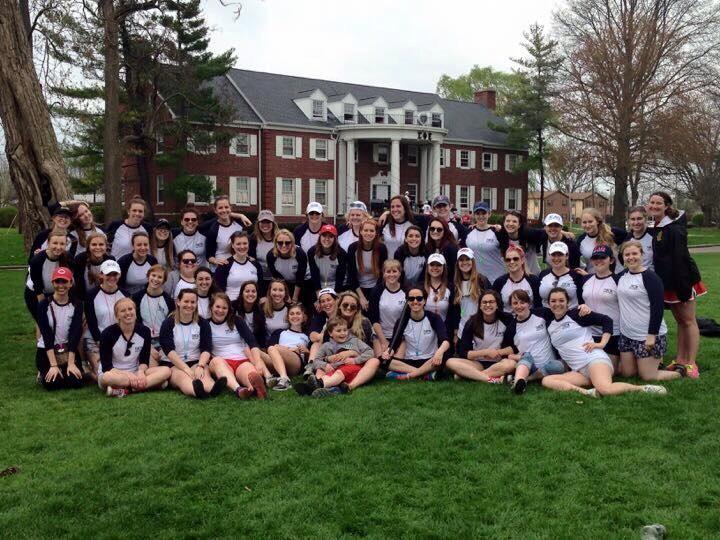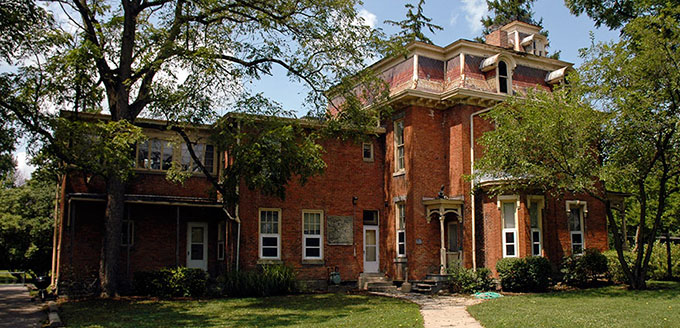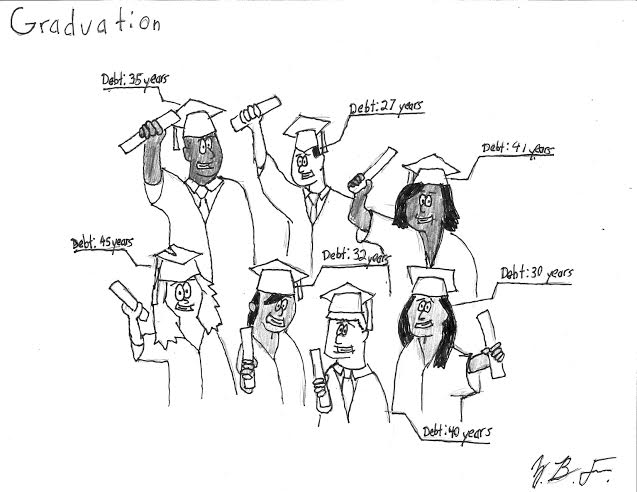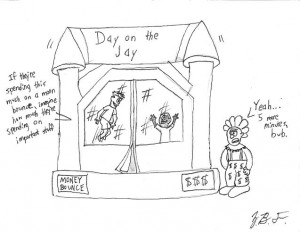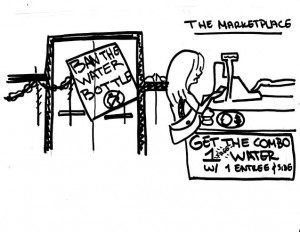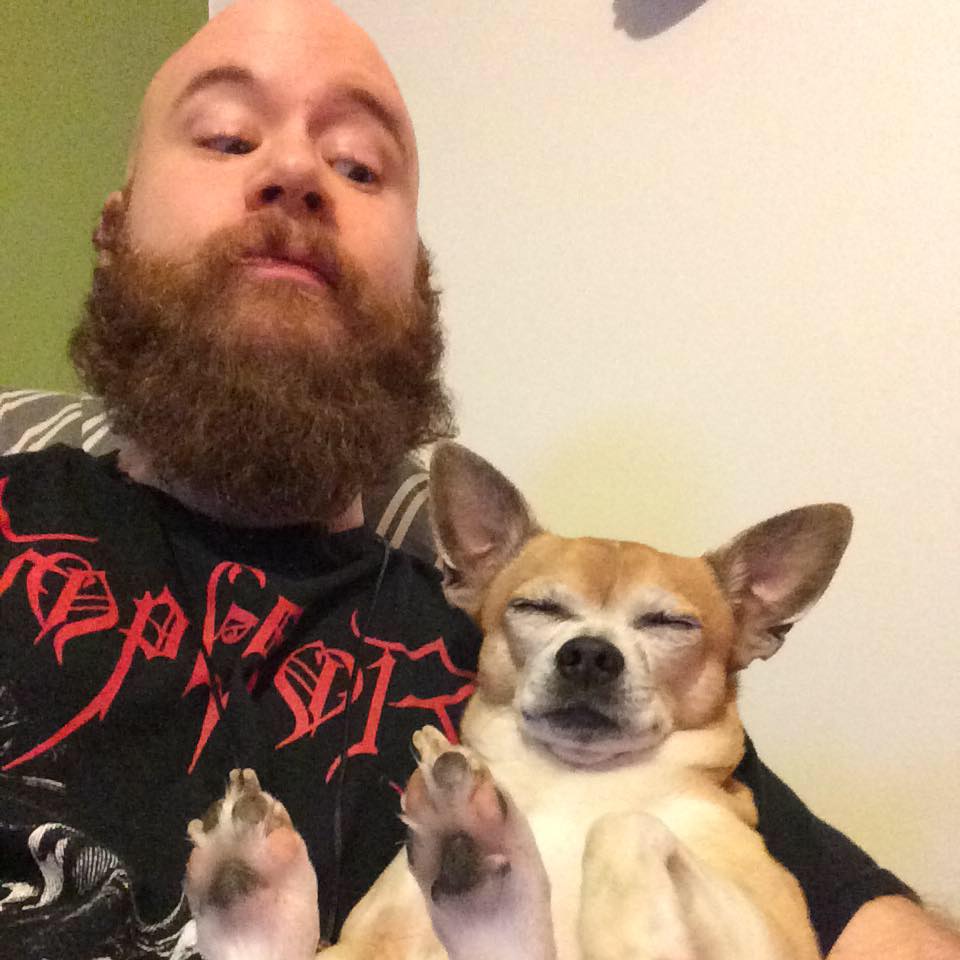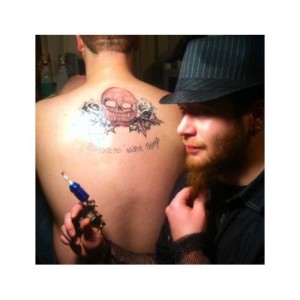By: Abigale Lyon, Transcript correspondent
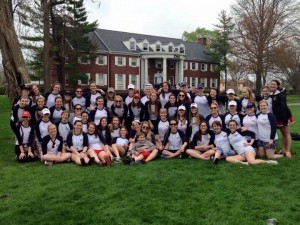
Kappa Alpha Theta raised over $900 at their seventh annual spring philanthropy event, KATs and BATs, on Sunday, April 19, in support of the Court Appointed Special Advocates (CASA).
CASA is a network of 951 community-based programs that recruit, train and support citizen-volunteers in order to help the abused and neglected children in courtrooms and communities to the best of their abilities, according to CASA’s website.
CASA helps abused and neglected children get through the legal system. The kids that benefit from CASA often do not have a stable adult figure in their lives. So giving them one person that will work with them consistently is really beneficial for them, Theta’s service and philanthropy director, sophomore Emma Beale said.
Within the U.S., each day 1,900 children become victims of abuse or neglect, and four of them will die, according to CASA’s website.
“CASA has the power to save lives. Not directly, like pulling a kid out of a burning building, but still powerfully, saving them from abuse and neglect which can be life threatening,” Beale said.
CASA also directly impacts the lives of children who need it the most. It provides them with a guaranteed support system no matter where they go or what foster family they’re put with, junior Mira Singhal said.
“To me, it means that theses kids will have someone to motivate them to be better and reach higher heights, no matter their previous circumstances,” Singhal said. “It builds trust for these kids who are vulnerable and allows them to be themselves.”
“My favorite thing about CASA is the incredible impact that one volunteer has on a child’s life,” freshmen Dominique Garrett said. “To me, CASA means a child will be gaining their childhood back again.”
As the service and philanthropy director of Theta, Beale’s main job is putting on successful philanthropy events each semester that help raise money and awareness for CASA, yet she does not stop at just this.
“I hope to be a good resource to my sisters for finding opportunities for service and to always be on the look out for service opportunities to share with the house,” Beale said.
